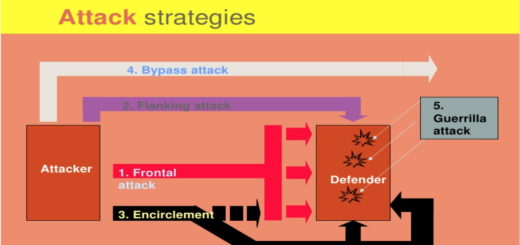Discrimination vs Prejudice
Discrimination and prejudice are often used interchangeably, but they actually have different meanings.
Prejudice refers to preconceived opinions or attitudes about a person or group, often based on stereotypes or incomplete information. Prejudice can be positive or negative, and it does not necessarily lead to discriminatory behavior.
Discrimination, on the other hand, refers to actions or behaviors that treat people unfairly based on their race, gender, age, religion, or other characteristics. Discrimination can take many forms, including denial of opportunities, unequal treatment, and harassment.
In short, prejudice is a belief or attitude, while discrimination is an action or behavior. Prejudice can lead to discrimination, but it is possible to hold prejudiced beliefs without engaging in discriminatory behavior.
- Discrimination refers to negative unfavorable behavior towards a group or its members, simply because they happen to be members of a particular group.
- Prejudice refers to unjustifiable negative attitudes towards a group or its members





